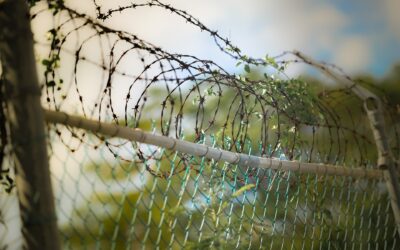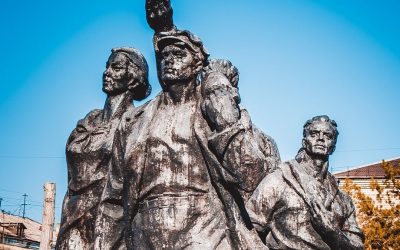Правительства могут стремиться осуществлять строгий контроль над гражданским обществом, активистами, журналистами и другими лицами, освещающими вопросы прав человека, связанные с деловой деятельностью. Риски, связанные с государственным притеснением и репрессиями, еще выше, когда правительство, влиятельные политики, олигархи и / или политические доноры владеют собственностью или крупными интересами в рассматриваемом бизнесе.
Угнетение, государственный контроль и авторитаризм могут сузить пространство для работы гражданского общества над проблемами бизнеса и прав человека. Нападения на правозащитников часто более распространены в этих условиях. Во всем мире репрессии в отношении правозащитников, работающих над вопросами, связанными с бизнесом, усилились во время пандемии коронавируса.
В Восточной Европе и Центральной Азии правительства иногда предпринимали строгие меры против правозащитников, протестующих, активистов и бастующих рабочих. Рабочие были в авангарде протестов в Беларуси; эти рабочие часто сталкивались с серьезной негативной реакцией на свой активизм.
Профсоюзы также могут быть мишенью, особенно когда они выступают против государственных предприятий. Во время забастовки 2011 года в Жанаозене казахстанская полиция открыла огонь по бастующим нефтяникам, в результате чего 64 человека погибли и 400 получили ранения. Однако власти Казахстана заявляют, что погибших было намного меньше, всего 15. В ближайшие месяцы государственные власти пытали бастующих рабочих и лидеров профсоюзов; в результате Комитет ООН против пыток признал Казахстан виновным в нарушении статьи 15 Конвенции против пыток и других жестоких, бесчеловечных или унижающих достоинство видов обращения и наказания. Вскоре после этого Казахстан ввел еще более жесткие ограничения на независимые профсоюзы.






